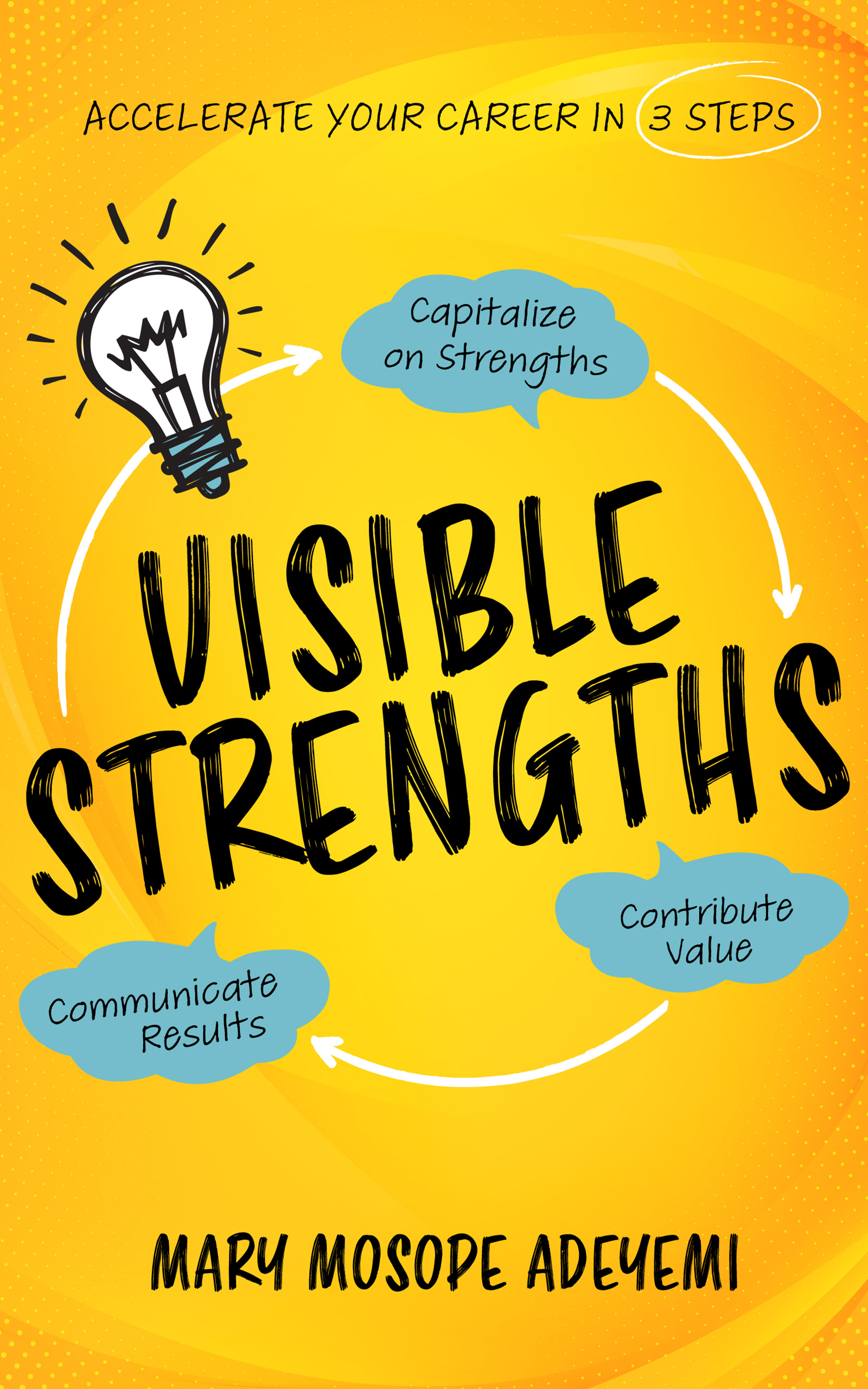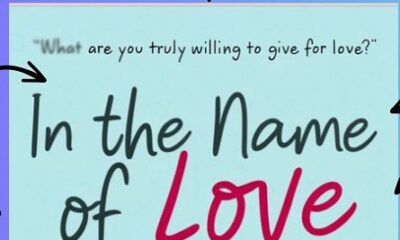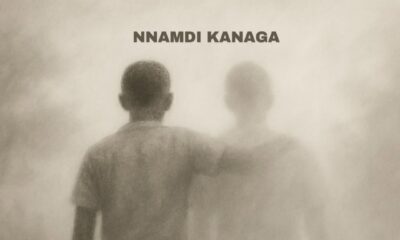Features
BN Book Review: Visible Strengths by Mary Mosope Adeyemi | Review by The BookLady NG

Visible Strengths combines two subject matters in its exploration of what forms our unique strengths and how they can create long-lasting values in and out of our workplace setting. It is a detailed scrutiny of the height that self-aware people operate from, focusing on their strengths, values and visibility.
Divided into three different parts, Visible Strengths tackles the subject of strength and its many merits in the first part, emphasising how to discover, clarify, manifest and capitalise on those strengths. According to Gallup, to learn what makes you excellent, you have to start with your strength. Adeyemi describes strength as a unique combination of capabilities that are hard to replicate and are peculiar to each individual. This definition is arguably an overarching definition as it succinctly captures the totality of the concept of strength. In sharing Gallup’s formula to define strengths, Adeyemi describes what she loves most about the formula: “It places in our hands the powers to turn our natural talents into active strengths by investing in them. It also highlights the responsibility that we also have to put in the work. If you do not invest in your talents, you will not cultivate them into strengths.” For those struggling to pinpoint what exactly their strengths are, she provides a framework with five categories to help explore those seemingly non-existent strengths.
Adeyemi provides case studies and more ways to discover one’s strengths as the chapters progress. We find the story of Sharon, an employee who receives a compliment from her superior and is taken by surprise. She considers what she is being commended for as a normal thing, something trivial that everyone should have perfected and therefore, does not consider it as a unique strength or a natural talent. Adeyemi explains the reason for this: “Since strengths are formed by natural talents, they are often not objectively observed by us, or we take them for granted because they are simply part of who we are.” She says, “Often, we find it uncomfortable to think about what we are good at because we believe it makes us seem arrogant, but it doesn’t. Turning talents into strengths is an accomplishment worthy of your acknowledgement and pride.” This points to the fact that asking ourselves the somewhat difficult, yet important questions is necessary to find out where our strengths lie so that we can fully play to those strengths. She also fixates on asking other trusted people’s opinions to make an informed assessment of our core strengths. She shares a list of reliable psychometric assessments to consider while seeking external opinion and one of them includes Gallup’s CliftonStrengths Assessment.
In the second part of the book, Adeyemi shares invaluable resources on values and how to ensure that one is essentially contributing value. Through her personal experience, Adeyemi realises that “delivering value begins with defining value.” She relays how long and how hard she worked on a project that she felt would improve the efficiency of her team members only for the result to make little impact. To this, she offers a solution: “Identify your stakeholders and understand their desires, problems and goals.” In doing this, one has to ask relevant questions about strategic priorities. One of her contributors explains that “Mapping your stakeholders is both an art and a science.” It is a job that requires observation, experience and awareness of the unending evolution of the influences in one’s organisation. And it is not just about defining value, it is equally necessary to deliver and contribute values through up-skilling, taking risks, leveraging feedback and everything in between.
The final part of this book is for those people who believe that their works will speak for them. In the corporate world where careers are built and destroyed, “Work doesn’t speak, people do.” Adeyemi says, “Market yourself.” The importance of visibility in the workplace cannot be overemphasised. She cites Harvey J. Coleman’s Success PIE framework that compiles the three elements needed to advance one’s career: performance, image and exposure. It is easy to deduce which part of these elements focuses on visibility. And just as defining value is not enough, being visible is not enough. Adeyemi believes that you also have to be visibly valuable. Achieving this requires a plan which ensures your consistency in putting your best foot forward and driving awareness for your brand. She further explores strategies for value-led visibility in the workplace and methods of implementing them.
To say that Visible Strengths is an invaluable addition to the plethora of career-focused books would be stating the obvious. Although, the premise of the book could have been more succinctly conveyed, the in-depth research and relevant information it contains make up for the length. It traverses the fine lines between exploring your talents and communicating your values while at it and remaining relevant in your career journey. This book subtly relays the fact that mediocrity might be okay for some people, but for people who want to be visible, they have to go above and beyond. Apart from Adeyemi’s personal experiences dotting the pages, she also includes cases in point and opinions from contributors who have remained relevant in their respective fields. This book is a guide and a perfect reset key to a seemingly drab career journey. It provides a balanced perspective on growth and how to continue reaching greater heights.



















